By Jane Berry
Associate Editor- in- Chief
I am a Unitarian Universalist.
Never heard of it? You are not alone. Including myself, I know of exactly two people at Prospect who are part of our congregation.
The obvious question is: What is a Unitarian Universalist (UU)?
A UU is someone who is on a quest for truth and meaning within their own life. To AP language students, it would be most similar to Emerson and Thoreau’s transcendentalism because many transcendentalist ideas branched off of Unitarian ones. Most importantly, both religions believe in experiencing spirituality through one’s own intuition.
That leaves a lot of room for interpretation, but we do have seven basic principles.
It is hard to say how exactly each of these principles is applied, because being UU means something different, not only to every congregation, but also to every individual. I would not say it is a sin to not follow these principles because we are not required to follow them, but I believe that if someone did not, it would be frowned on by almost anyone. All they ask is that you treat everything with respect, promote equality and attempt to grow. I think most people want to practice those ideas anyway.
One aspect all seventh and eighth grade UUs have in common is a world religions class. We study each major religion and many smaller religions such as the Rollers and the Peoples Temple. The purpose is to help us search for what we believe. From what I have heard of the World Religions class at Prospect, my religious education class seems very similar to it. We question why things are the way they are while still being respectful. The main difference would be that the World Religions class at Prospect seems to be from the outside looking in while my religious education class attempted to immerse students in each religion, really attempt to practice the traditions.
Because UUs are accepting of all faiths, we are often welcomed into any religious sanctuary. Granted, it is not quite like our church where anyone could walk in and be accepted because we contact each sanctuary advisor prior to coming, but we are still welcomed. In effect, we visit many churches, temples and mosques during our religious education course. At the end of our eighth grade year, we each write our own affirmation stating what we believe we have figured out about life and what we are still searching for.
In my own affirmation I said I believe everyone’s purpose in life is to teach the world something, and the greatest challenge will be discovering what it is you are supposed to teach. Although through studying many religions I have found certain aspects that I believe are true, especially from Hinduism and Wiccan, I am still on my ultimate search for enlightenment.
Being a UU makes me feel unique. I like being able to choose what I believe. I never feel restrained by my religion in any way, and I know that I will always be accepted by that community no matter what I do.
One of the biggest issues of being a UU is that there is no scripture. We have a book of songs, but there is no book of stories. In some ways that makes me feel free, and unrestrained, but I know that it can cause problems for people as well. Especially for the people in my church who grew up in a different faith, it is very hard for them to find peace when someone passes away because some people are still searching for what they believe in an afterlife, it is difficult to come to terms with death. I know many that have revisited their old churches and temples because it can be very comforting to be told their loved ones are in a better place.
I was baptized Protestant, and in seventh grade my neighbor introduced me and my family to the Countryside Church Unitarian Universalist in Palatine. I knew from the first day that I wanted to be there because it was the first time I had been to a church where I was encouraged to question what each person said to me . For me, a UU is someone who searches for questions in their life that are not already answered.
Besides aiding in each other’s searches, we often participate in social action projects, such as food drives, rebuilding homes, supporting the homeless through card board cities and walking in the gay pride parade. Because we do not all believe in the same things, bettering the community is one way my congregation agrees on practicing our religion.
There are so many questions to be answered for every UU: Where do we go after death? Why are we here? Is there a god? People often ask me how I choose what to believe in. It truly depends on the which belief they are talking about. Some beliefs I chose because they are the easiest for me to live with, others I just know are true for me, and yet there are still some that just make me feel peaceful. These ideas also change with time. Sometimes what seems true for as long as I can remember does not when I have a new experience. During religious education my advisor always used to say that the only way to know if something is right is if it feels right to you.
Categories:
Unveiling Unitarian Universalism
May 27, 2011
0
Donate to ProspectorNow
In order to get better at what we do; making the best multimedia student journalism in the state, we need funds to purchase equipment like cameras, and software like the website you're reading this on right now. If you've ever found anything of worth on this website, please consider donating to offset the cost.
Navigate Left
-
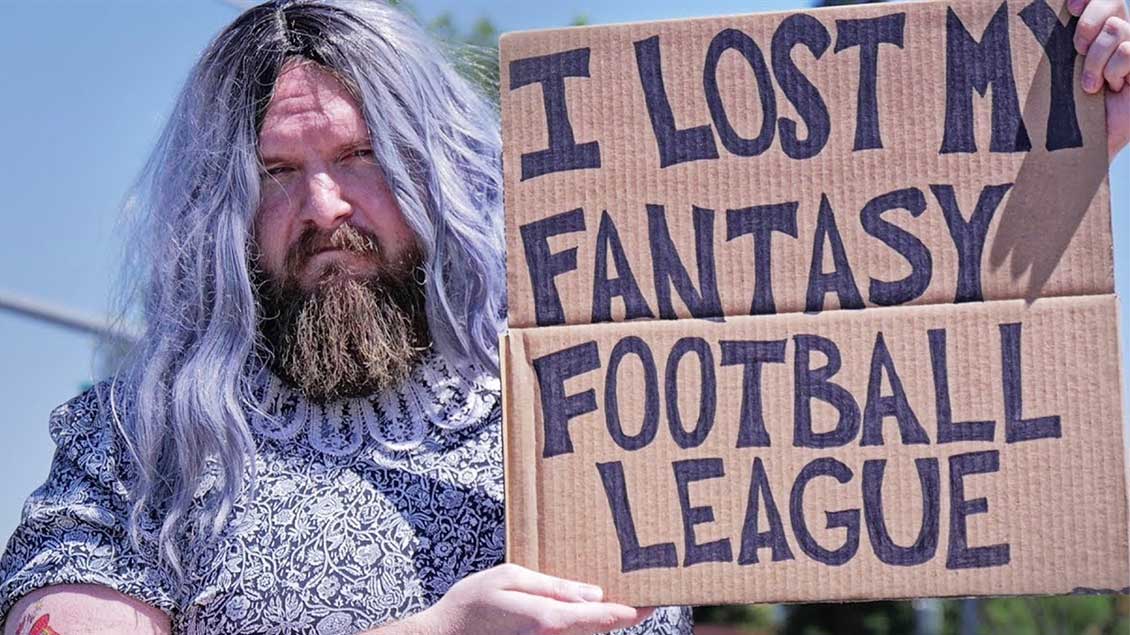 Fantasy FootballFantasy Football failures face their worst fears
Fantasy FootballFantasy Football failures face their worst fears -
 Fantasy FootballNFL Midseason Report
Fantasy FootballNFL Midseason Report -
 Fantasy FootballJacob Siciliano's Do Not Draft List
Fantasy FootballJacob Siciliano's Do Not Draft List -
 Fantasy Football5 Fantasy Sleepers to Leave Every Draft With
Fantasy Football5 Fantasy Sleepers to Leave Every Draft With -
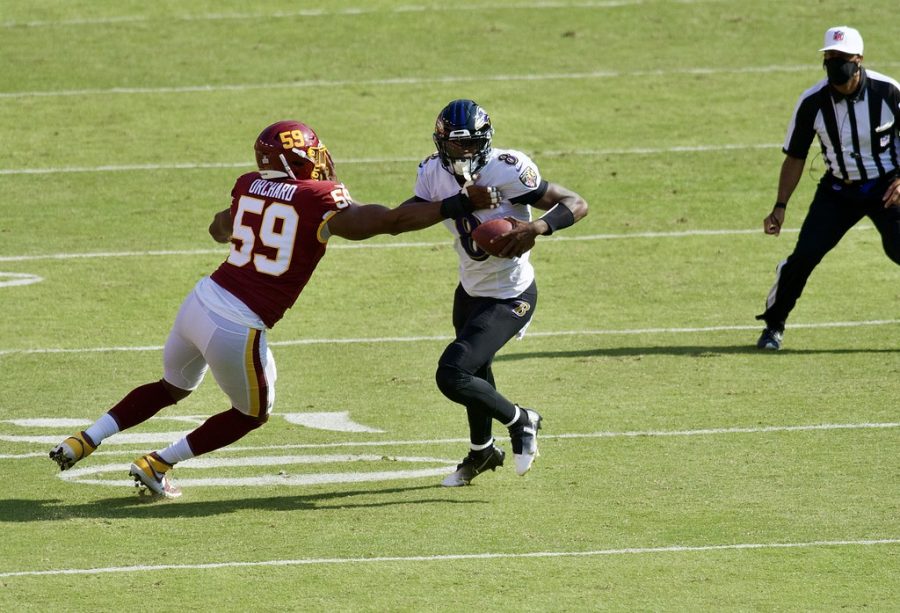 Fantasy FootballESPN- 12 Team Full PPR Mock Draft
Fantasy FootballESPN- 12 Team Full PPR Mock Draft -
 Fantasy FootballWill Schmidt's 2021 Half PPR Rankings
Fantasy FootballWill Schmidt's 2021 Half PPR Rankings -
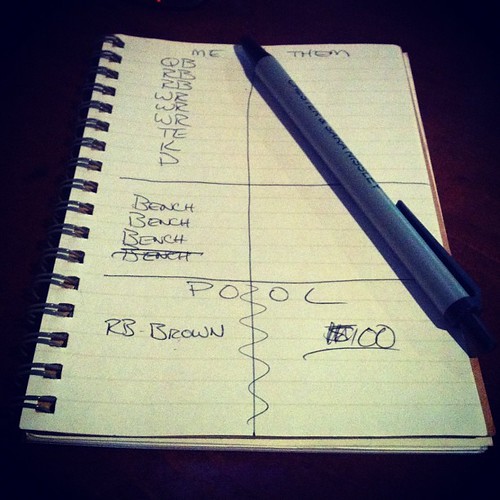 Fantasy FootballFantasy Draft Strategy: RB and Chill
Fantasy FootballFantasy Draft Strategy: RB and Chill -
 Fantasy FootballJacob Siciliano's 2021 Half PPR-Rankings
Fantasy FootballJacob Siciliano's 2021 Half PPR-Rankings -
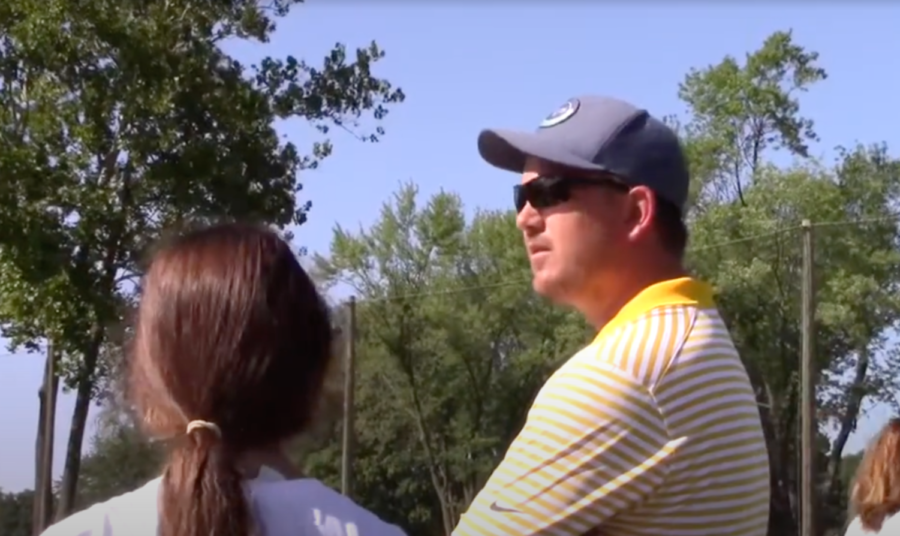 Fantasy FootballBASKETBALL HEAD COACH FACES NEW CHALLENGES
Fantasy FootballBASKETBALL HEAD COACH FACES NEW CHALLENGES -
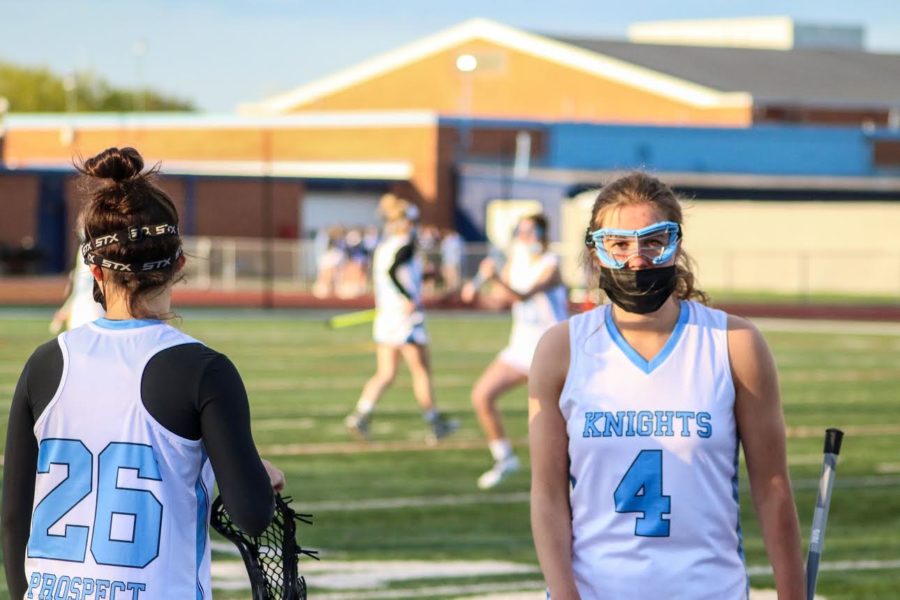 Fantasy FootballCOVID-19 LEADS TO SENIORS OPTING OUT OF SPORTS
Fantasy FootballCOVID-19 LEADS TO SENIORS OPTING OUT OF SPORTS
Navigate Right
